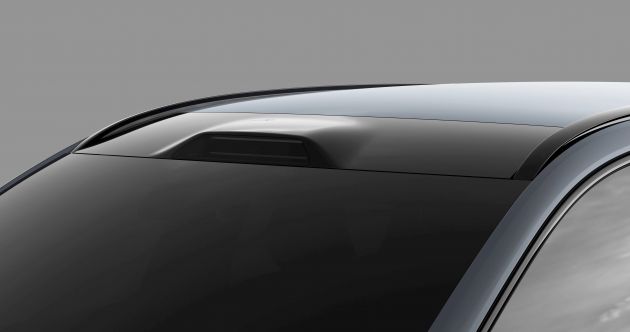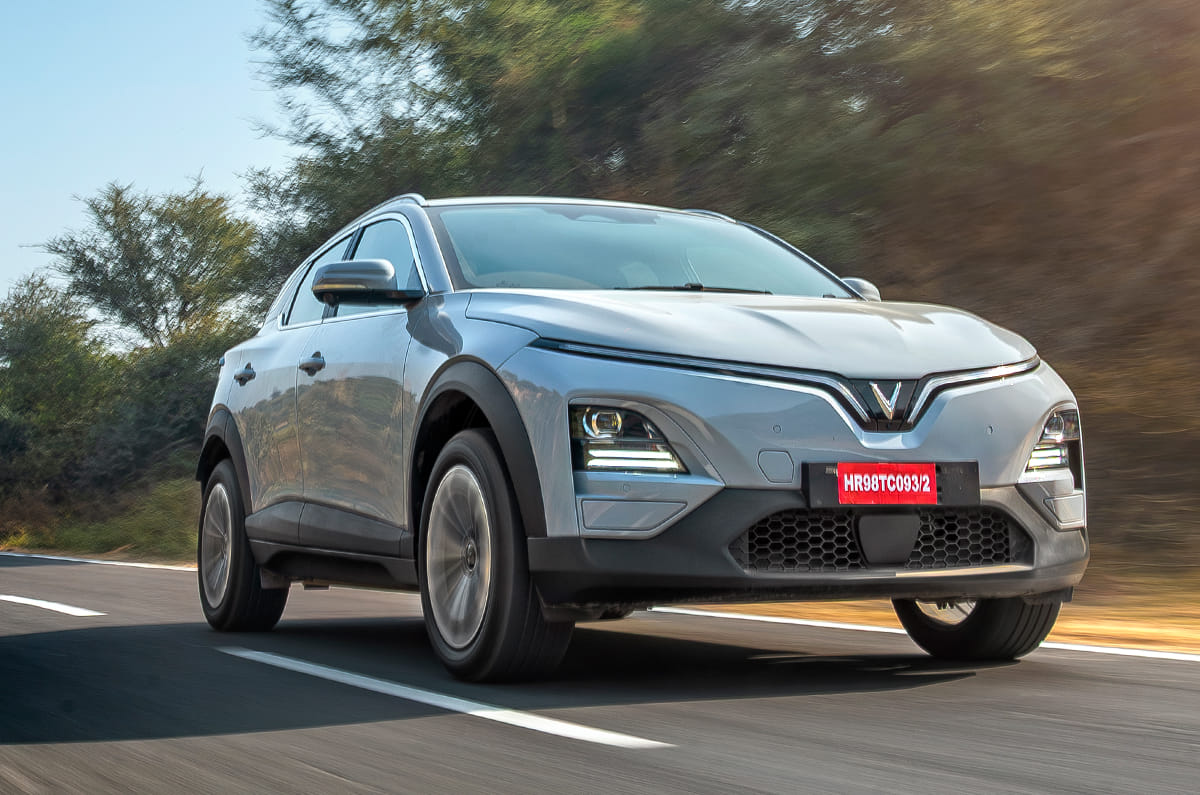Volvo to use roof-mounted LiDAR sensor on next-gen models in 2022 – full highway autonomous driving
Carmakers are racing each other to deliver full autonomous driving to the buying public, with many promising to bring the technology to market within the next few years. This increasing automation will result in more and more sensors to stick onto the outside of the car, and Volvo has announced its next generation of vehicles will be available with a roof-mounted LiDAR sensor to provide full autonomous highway driving.
Looking very much like a rally car’s roof scoop, the sensor – developed in partnership with tech firm Luminar – will be fitted to models built on the Scalable Product Architecture (SPA) 2 platform, which is set to go into production in 2022. This will outfit them with the necessary hardware for Gothenburg’s Highway Pilot system.
The feature will be added to the cars as part of an over-the-air update once it is ready, and can be activated if the customer so wishes. The availability of Highway Pilot is said to be dependent on the regulations and road conditions of each country. Volvo says it is also working with Luminar to improve other driver assistance systems using LiDAR tech, which could be fitted as standard on all SPA2 cars.
Luminar’s high-performance LiDAR sensors create a temporary, real-time three-dimensional scan of their surroundings by emitting millions of laser pulses, enabling cars to accurately detect where objects are without the need for Internet connectivity.
The technology is key to safe autonomous driving, Volvo claims, as it provides cars with reliable vision and perception that cameras and radar alone cannot provide – ideal for safe decision making in complex environments at high speeds.
Highway Pilot will combine Luminar’s perception technology with autonomous drive software, as well as cameras, radar sensors and back-up systems for things like steering, braking and battery power. All these features, which will be installed on forthcoming Volvo models equipped for self-driving, will provide full autonomous highway driving that is safe for those who want it, the company says.
Volvo and Luminar will deepen their collaboration as part of the announcement to ensure “robust” industrialisation and validation of the latter’s LiDAR tech for series production, which would be a first for Luminar and help achieve the economies of scale required to bring the tech to the wider automotive industry. Volvo has also entered into an agreement to possibly increase the minority stake it already has in Luminar.
Polestar, Volvo’s performance electric vehicle offshoot, is also expected to use a roof-mounted LiDAR sensor, having fitted one to its Precept concept.
The post Volvo to use roof-mounted LiDAR sensor on next-gen models in 2022 – full highway autonomous driving appeared first on Paul Tan's Automotive News.
from Paul Tan's Automotive News
Read The Rest:paultan...




Post a Comment